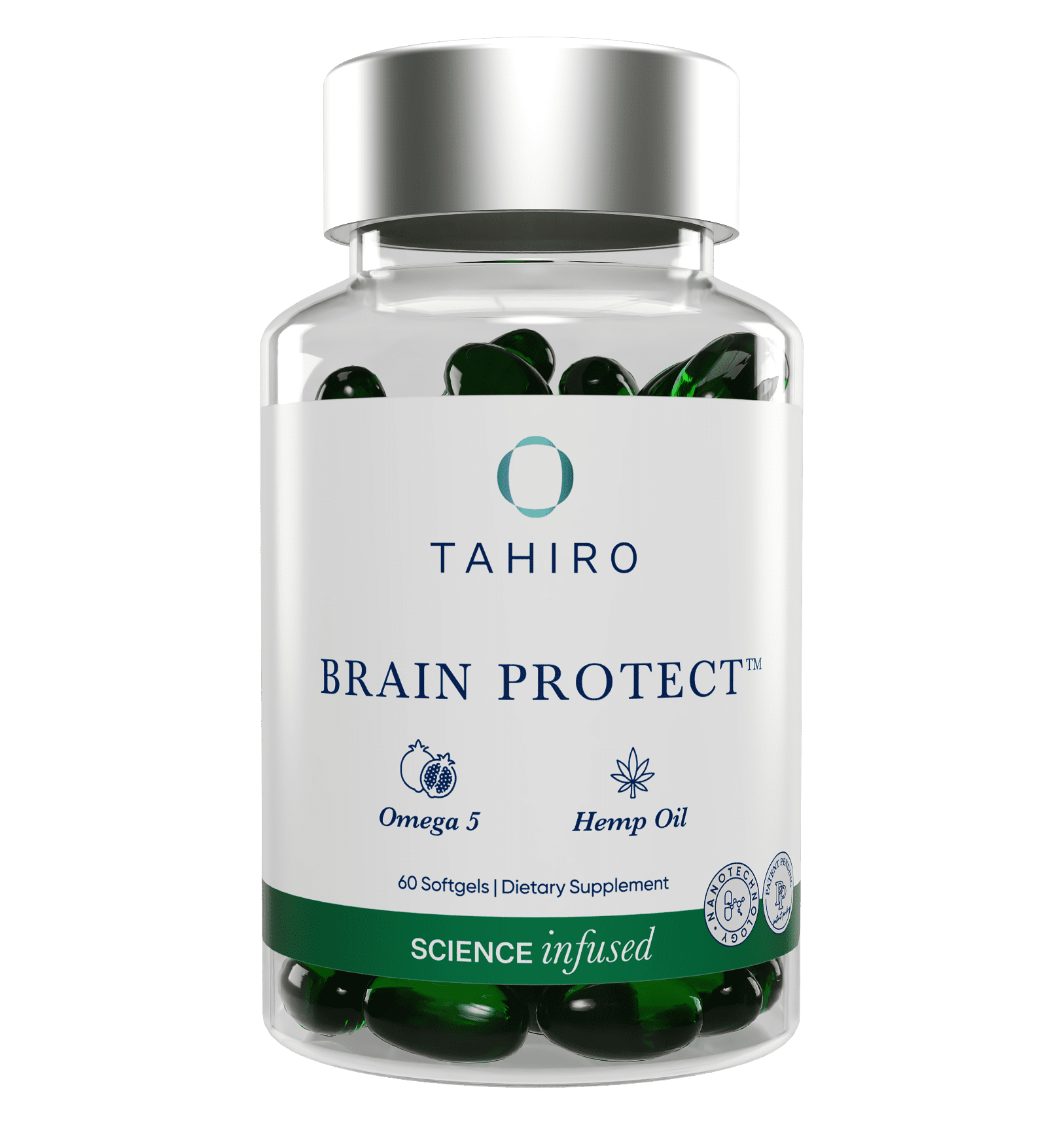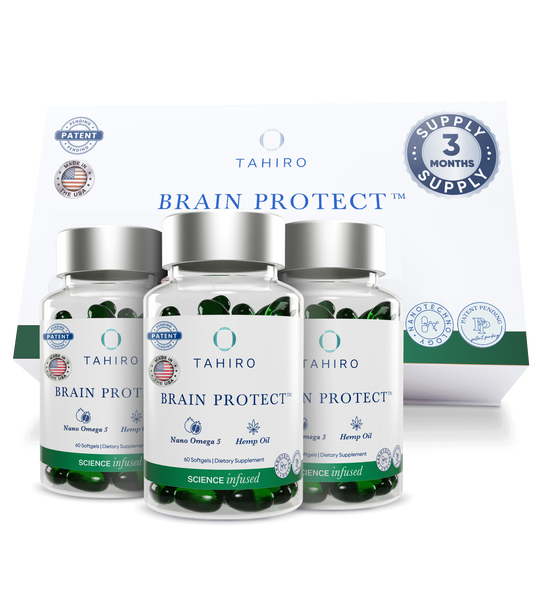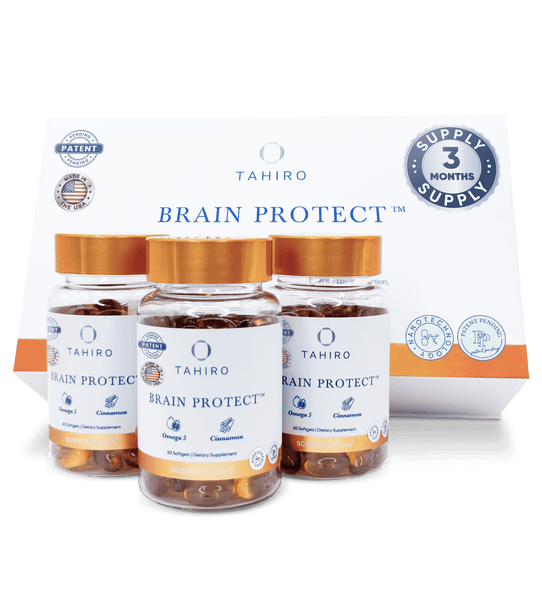Cognitive impairment can be a daunting and frustrating experience, both for those who experience it and for their loved ones. However, there is hope. While medication is often prescribed to manage cognitive impairment, there are also natural treatments and prevention strategies that can help improve cognitive function. In fact, research has shown that some lifestyle changes and natural remedies can be just as effective, if not more so, than medication.To better understand cognitive impairment, it's important to recognize that it exists on a spectrum. There are four levels, ranging from mild to severe, each with its own unique set of symptoms and challenges. By understanding the different levels of cognitive impairment, we can better tailor our approach to treatment and prevention. In this article, we will explore the four levels of cognitive impairment and natural treatments which can help to prevent or delay cognitive decline.
Introduction to Cognitive Impairment
Cognitive impairment is a condition that affects a person's ability to think, reason, and remember. It can occur at any age, but becomes more common as people grow older. As part of the aging process, the brain undergoes natural changes that can result in cognitive decline. This decline can manifest as mild forgetfulness or more severe forms of dementia, such as Alzheimer's disease. It’s important to remember that although dementia is common, it is not an inevitable part of the aging process. A large study in the US showed that approximately two-thirds of all adults showed some level of cognitive decline, with about one-quarter to one-third experiencing dementia [1]. In addition, cognitive impairment does not occur only in the elderly. Younger people can also experience cognitive impairment, which may be due to injury, illness, or other factors. Regardless of age, cognitive impairment can be a frustrating and challenging experience for both the person experiencing it and their loved ones. This is why understanding the causes and symptoms of cognitive impairment is the first step towards effective management and prevention.
The Four Levels of Cognitive Impairment and their symptoms
Cognitive impairment exists on a spectrum, with various levels of severity. There are a few different systems that can be used to classify the severity of cognitive impairment. One of the most common systems classifies cognitive impairment into four different levels, ranging from no cognitive impairment to dementia [2].
No cognitive impairment:
- People in this stage show normal performance on tests of memory and cognitive function.
- In some cases, people in this stage may have some changes in the brain resulting from aging or from a disease process, but these are not yet causing noticeable impairment of brain function.
Subjective cognitive impairment (also known as subjective cognitive decline):
- In this stage, which can also be known as subjective cognitive decline, there is some decline in cognitive abilities. However, the person is able to compensate for this, and continues to function well in their daily life.
- The affected person is usually aware that their cognitive abilities are declining, and they may experience anxiety about this.
- This stage may occur due to the normal process of aging, or it may be the early stages of a disease process that could lead to dementia.
- Some studies have shown that, worldwide, up to a quarter of all people over age 60 have subjective cognitive impairment [3].
Mild cognitive impairment:
- In this stage, impairment of memory and cognition has progressed beyond what is normally expected as part of the aging process.
- The affected person may forget names, misplace objects, and forget appointments more frequently than expected for those of their age.
- People with mild cognitive impairment are usually able to live independently, as long as they’re in a familiar environment and are using skills that they’ve learned very well (such as shopping, cooking, and driving to familiar places). However, they may struggle if they encounter new situations, because they have difficulty solving problems and learning new information.
- This stage may progress over time. However, not everyone with mild cognitive impairment will go on to develop dementia.
Dementia:
- In cases of severe cognitive impairment, the person can be diagnosed with dementia.
- People with dementia have trouble with the daily tasks of living, even when they’re in a familiar environment.
- In the advanced stages, people with dementia may lose even basic cognitive functions, such as the ability to communicate through language and to recognize loved ones.
It's important to remember that the symptoms of cognitive impairment can vary widely between individuals and can be caused by a variety of factors, including injury, illness, or the natural aging process. If you or someone you know is experiencing any of these symptoms, it's important to seek medical attention to identify the underlying cause and begin any treatment that you and your doctor decide is appropriate. Cognitive impairment may not always be obvious, especially in the early stages. Studies have shown that doctors are unaware of cognitive impairment in more than 40% of patients who have it [4], so it’s very important to bring up your concerns rather than to assume that your doctor will notice any issues.
Causes and Risk Factors of Cognitive Degeneration
There are certain factors that increase the risk of cognitive degeneration, including:
- Age-related changes to the brain
- Genetic predisposition
- Chronic stress
- Lack of sleep or poor sleep quality
- Head injuries or trauma
- Exposure to toxins, such as heavy metals or pesticides
- Chronic conditions like diabetes, high blood pressure, and heart disease, which can damage blood vessels in the brain
- Substance abuse, such as heavy use of alcohol
- Nutrient deficiencies, particularly in vitamins B12 and D
While some of these factors, like genetics and age, are beyond our control, there are steps we can take to reduce our risk of cognitive decline. These include prioritizing sleep, getting regular physical exercise, eating a healthy diet, and quitting drinking or the use of other substances.
Current Studies of Cognitive Impairment Symptoms & Treatments
Research into potential new treatments for cognitive impairment is ongoing, with numerous studies exploring various interventions, including medications, behavioral interventions, and lifestyle changes For example, one recent study found that a drug targeting a protein associated with Alzheimer's disease improved cognitive function in individuals with mild cognitive impairment [5]. Another study found that a combination of physical exercise and cognitive training improved memory and attention in older adults with cognitive impairment [6]. Yet another study explored the potential benefits of a Mediterranean-style diet, rich in fruits, vegetables, and healthy fats, for improving cognitive function in older adults [7]. In addition to these studies, researchers are also investigating the effects of alternative therapies such as acupuncture and meditation on cognitive impairment. These studies offer hope for developing more effective interventions to preserve cognitive function.
Health implications of cognitive decline & degeneration
Cognitive decline can have significant implications for a person’s quality of life, impacting their ability to perform daily activities independently. Severe cognitive decline, also known as dementia, can be a major burden for both patients and caregivers. Cognitive decline has also been linked to an increased risk of physical accidents such as falls, as well as an increased risk of depression and other mental health conditions. In addition, cognitive impairment has been associated with an increased risk of chronic diseases such as diabetes, cardiovascular disease, and even premature death. Although researchers are still investigating this issue, some evidence suggests that the relationship between cognitive impairment and these chronic diseases may go in both directions, with cognitive decline increasing the risk of these conditions and vice versa [8]. Therefore, it is important to prioritize cognitive health as part of overall health and wellness, and to take steps to reduce the risk of cognitive decline.
Natural Treatments for cognitive Impairment Dysfunction
Natural treatments offer a promising approach to improving cognitive function and reducing the risk of cognitive decline. In addition to dietary changes and regular exercise, getting good sleep is crucial for maintaining brain health. Studies have shown that poor sleep quality and sleep deprivation can have negative effects on cognitive function, including memory and attention, and chronic sleep deprivation increases the risk of dementia [9]. Natural treatments for cognitive impairment also include the use of high-quality supplements, such as omega-3 fatty acids, B vitamins, and vitamin D, which have been shown to support brain health and may help to slow cognitive decline [10]. Cognitive training, which generally includes activities such as memory exercises and puzzles, is another approach that may help to improve cognitive function in individuals with mild cognitive impairment.








